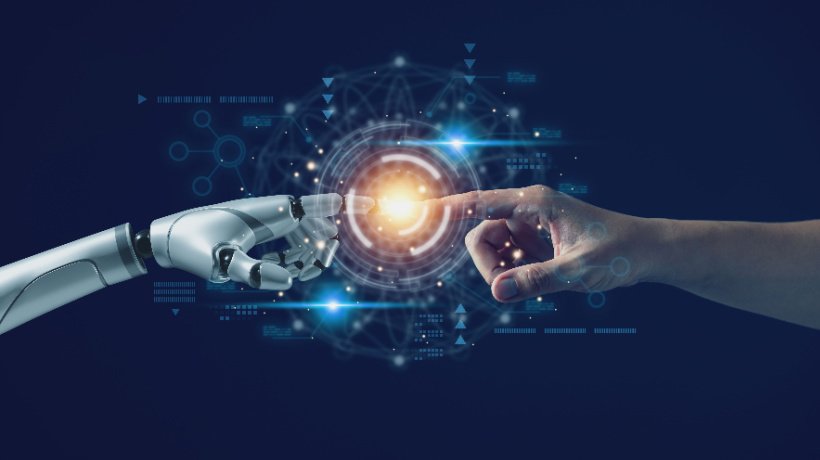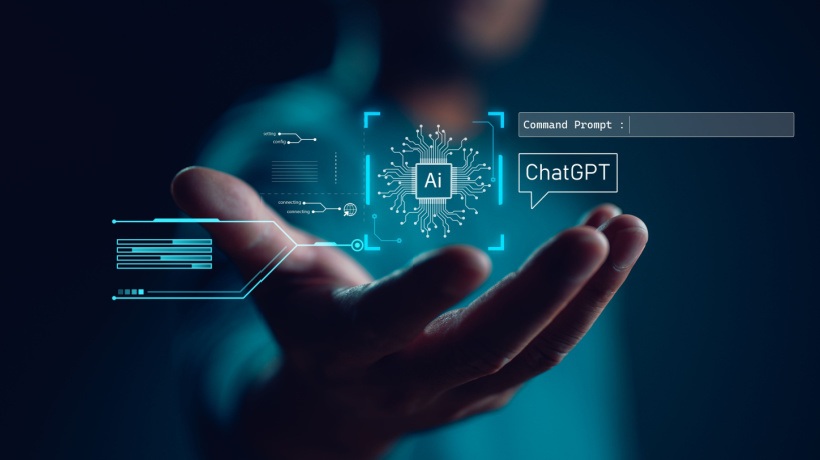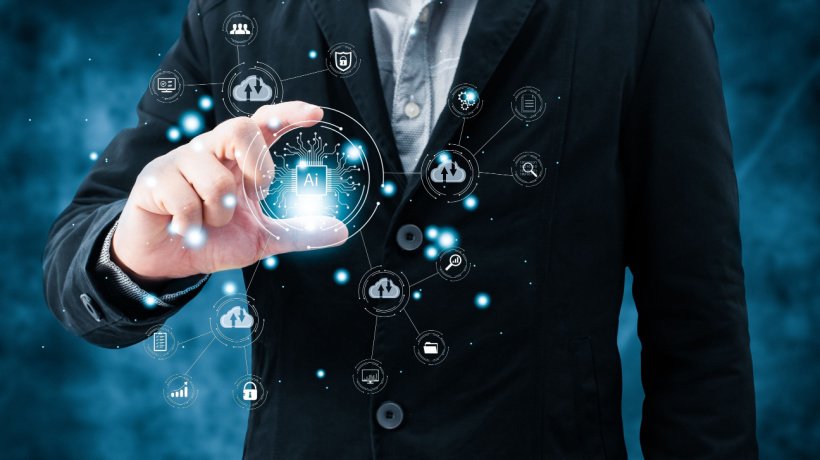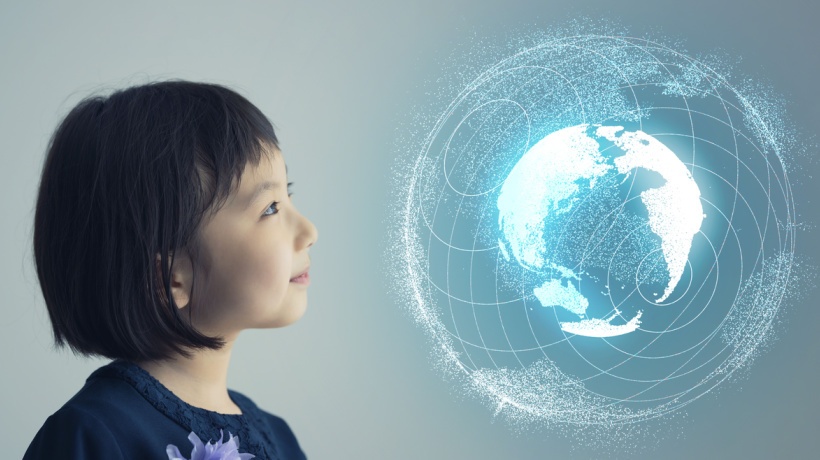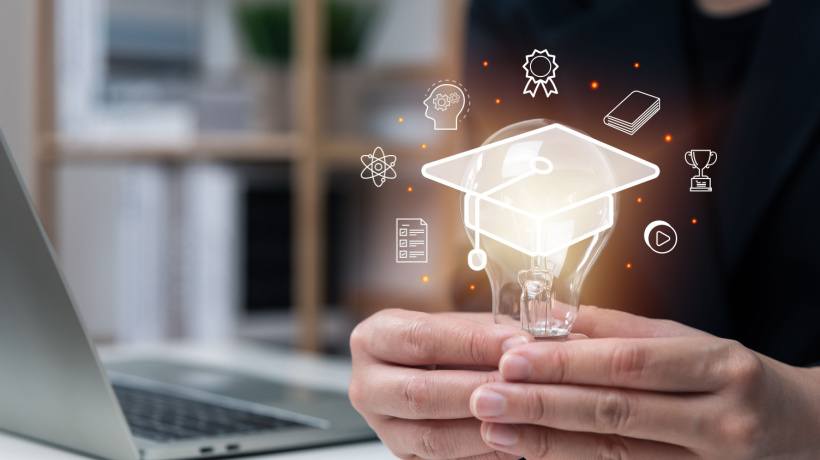Technology And AI In 2024 And Beyond
In the annals of human history, the relentless march of progress has been invariably linked to technological advances. Today, we stand on the cusp of a new era that promises to redefine our relationship with technology as Artificial Intelligence (AI) takes center stage. With intelligent machines poised to change every aspect of our lives, the dialogue around technology and AI has never been more critical. This article will explore the synergy between these two powerhouses and how they are gearing up to shape the future.
The harmonious blend of technology with AI represents a paradigm shift of monumental proportions. The impacts are manifold, ranging from the automation of mundane tasks to tackling complex problems that have baffled the brightest minds for centuries. As we traverse through this technological renaissance, it’s essential to understand what this means for society, the economy, and the individual. Let's delve deeper into the realm where silicon meets intelligence, crafting a world replete with possibilities, challenges, and a vision for a smarter tomorrow.
The Evolution Of Technology And AI
Technological evolution is a testament to human ingenuity. From the invention of the wheel to the creation of the internet, each leap forward has been driven by the desire to overcome limitations and expand our capabilities. AI is the next natural step in this journey—a frontier where computers not only carry out commands but learn, adapt, and potentially think.
AI has evolved from simple algorithms designed to perform specific tasks to complex neural networks capable of learning independently. These advanced networks mimic the human brain's structure, enabling machines to process and analyze vast amounts of data at speeds and precision unmatched by human cognition.
As technology becomes more pervasive, AI integration is increasingly becoming a strategic imperative across industries. Whether it’s healthcare applications that predict patient outcomes, financial systems that detect fraud, or autonomous vehicles that transport us safely, AI is the conduit through which the next wave of technological innovation will flow.
The Engine Of Change: AI In Today’s World
The primary engine driving this transformative era is the symbiosis between AI and existing technologies. This merging has given birth to smarter devices, applications, and systems that better understand and interact with their users. Here's how AI is becoming increasingly instrumental in our daily tech interactions:
1. Data Analysis And Decision-Making
AI excels in identifying patterns in large datasets, which makes it indispensable for organizations that rely on data-driven decision-making. Machine Learning algorithms can predict consumer behavior, optimize logistics, personalize content, and automate routine analytics tasks. These capabilities provide a competitive edge by deriving actionable insights from raw data.
2. The Internet Of Things (IoT)
The IoT universe is composed of billions of connected devices, from smartwatches to industrial machines. AI enhances IoT by making these devices more reactive and adaptive. With AI, devices can process data locally (called edge computing), making real-time decisions without waiting for instructions from a centralized cloud server. This leads to smarter homes, factories, and cities that react organically to the needs of their occupants.
3. Enhanced User Experiences
AI is transforming user interactions with technology by making them more intuitive and personalized. From virtual assistants that respond to voice commands to recommendation systems on streaming platforms, AI tailors experiences to individual preferences and patterns, thereby enriching the User Experience.
AI's Disruptive Impact Across Sectors
The deep penetration of AI across various sectors demonstrates its disruptive potential and the myriad ways it can be harnessed. Here are some key areas witnessing significant transformation:
1. Healthcare
Healthcare is experiencing a revolution thanks to AI. From diagnostic tools that provide earlier and more accurate detections of diseases like cancer to AI-driven telehealth platforms that offer preliminary medical advice, AI amplifies the reach and efficacy of medical services. Robotic surgeries, driven by AI precision, minimize human error and speed up recovery times for patients.
2. Finance
In the world of finance, AI algorithms are used to automate trading, manage risks, and provide personalized investment advice. By analyzing market conditions and individual portfolios, AI generates forecasts that help investors make more informed decisions.
3. Education
The education sector is deploying AI to create personalized learning experiences. AI can adapt curricula to match individual learning speeds, suggest additional resources, and provide real-time feedback—an approach that ushers in a new era of pedagogy that focuses on student engagement and retention.
4. Environmental Sustainability
AI contributes to environmental sustainability by improving energy efficiency and reducing waste. It can predict patterns in energy consumption, and weather impacts for better resource management and even assist in wildlife conservation efforts through pattern recognition in monitoring ecosystems.
The Ethical And Societal Implications Of AI
With great power comes great responsibility, and AI is no exception. Its widespread use raises important ethical and societal considerations, involving privacy, security, and employment:
1. Privacy Concerns
As AI systems process vast amounts of data to function effectively, they raise valid privacy concerns. Ensuring that personal information is handled sensitively and securely is paramount to maintaining trust in AI-enabled systems.
2. Job Displacement
Automation through AI could displace jobs in certain sectors, triggering economic and social repercussions. Society needs to adapt by reskilling the workforce, fostering creativity, and forging new opportunities in industries that AI and automation will generate.
3. Bias And Fairness
AI systems are only as unbiased as the data they are trained on. There is a real risk of perpetuating existing biases if AI systems are trained on datasets that are not inclusive or representative. Commitment to developing and training AI ethically is critical to ensure fairness and avoid discrimination.
Embracing Technology And The AI-Driven Future
Looking towards the future, the trajectory of AI and technology points towards even tighter integration and more profound changes. Several innovations on the horizon are set to alter our technological landscape:
1. Conversational AI And Natural Language Processing
Advancements in Natural Language Processing are leading toward more sophisticated conversational AI that can understand context, manage nuanced dialogues, and provide more human-like interactions.
2. AI In Creativity And Content Generation
AI’s role in creative processes is expanding. From generating art to writing code or composing music, AI is discovering space within domains traditionally considered to be human-only territories.
3. Autonomous Systems Everywhere
The future will see the proliferation of autonomous systems beyond vehicles. Drones for delivery, care robots for assisting the elderly, and autonomous farming equipment are only the beginning.
4. Partnership Of AI And Blockchain
AI and blockchain technology can converge to enhance security and transparency in transactions and data exchanges. From protecting personal data to creating tamper-evident digital records, this partnership can bolster trust in digital systems.
Conclusion
At its heart, the union of technology and AI brings the promise of a smarter, more efficient, and connected world. From life-saving advancements in medicine to tackling climate change, the potential is immense. However, it’s crucial to navigate this wave of change responsibly, with an awareness of the social impact and ethical considerations that accompany these powerful tools.
In this exciting epoch, we are both witnesses and architects of the technological tapestry that will define our future. With every stride in AI and technology, humanity has the opportunity to script a narrative that upholds our values and enhances the quality of life for all. As we forge ahead, it is up to us—technologists, policymakers, and society at large—to ensure that this blossoming partnership between human intelligence and Artificial Intelligence leads to a brighter, more equitable world for generations to come.
